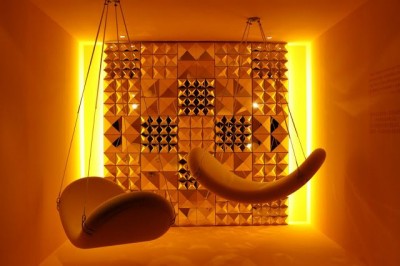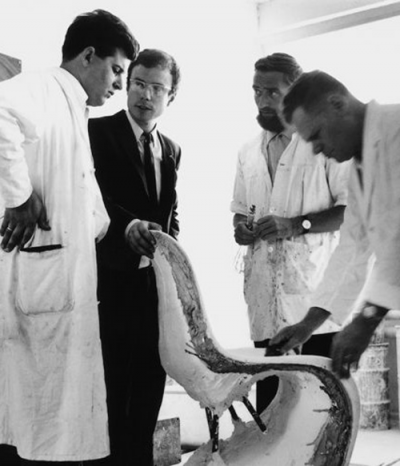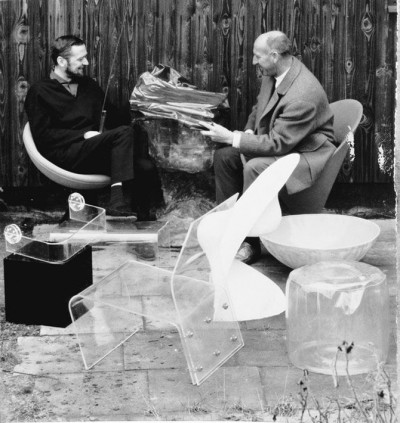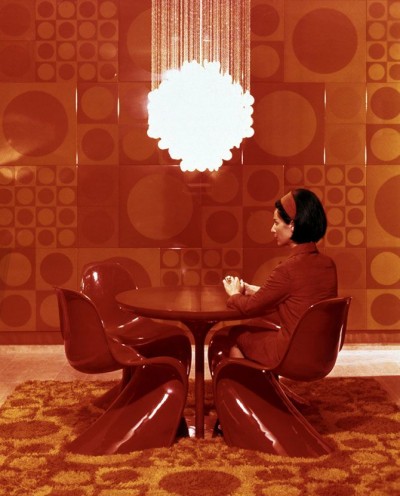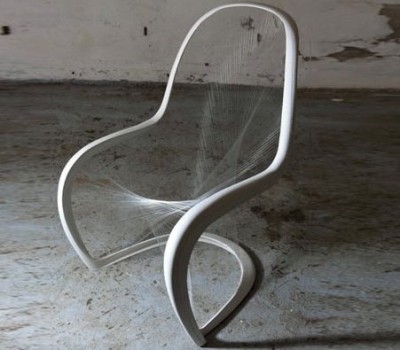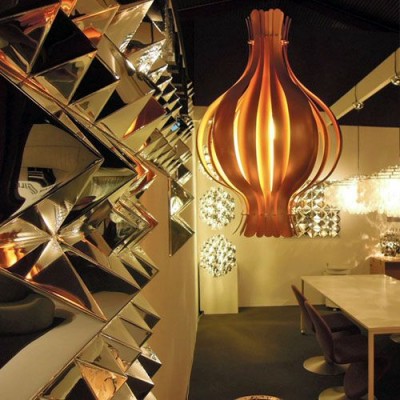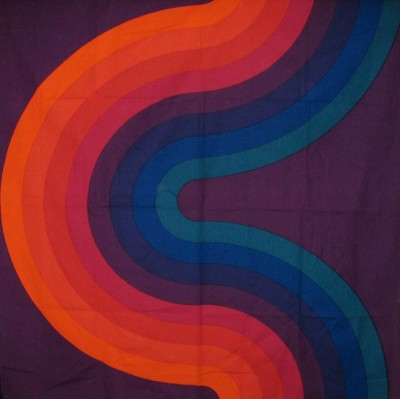VERNER PANTON
|
Verner Panton is considered one of the most influential 20th century furniture and interior designers. During his career, he created innovative and futuristic designs in a variety of materials, especially plastics, and in vibrant colors. By fusing the elements of a room – floor, walls, ceiling, furnishings, lighting, textiles and wall panels made of enamel or plastic – into a unified gesamtkunstwerk, Panton’s interior installations attained legendary status. The most famous examples are the ‘Visiona’ ship installations for the Cologne Furniture Fair (1968 and 1970), the Spiegel publishing headquarters in Hamburg (1969) and the Varna restaurant in Aarhus (1970). “The main purpose of my work is to provoke people into using their imagination. Most people spend their lives in dreary, grey-beige conformity, mortally afraid of using colours. By experimenting with lighting, colours, textiles and furniture and utilizing the latest technologies, I try to show new ways to encourage people to use their phantasy and make their surroundings more exciting.” -Verner Panton. Near the end of the 1950s, his chair designs became more and more unconventional, with no legs or discernible back. In 1960 Panton was the designer of the very first single-form injection-molded plastic chair. The Stacking chair or S chair, which would become his most famous and mass-produced design. The innovation and the production technology related to this chair have righteously made it an iconic chair in 20th century design. Verner Panton and Percy von Halling-Koch with the chair model at the Mobilia Club, c. 1961. From 1965 to 1967, Vitra and Panton worked closely together to develop and perfect this unique chair and it wasn’t until August 1967 that this iconic chair was unveiled before the eyes of the public. Panton’s collaboration with Vitra began in the early 1960s, when they jointly developed what became his best-known design, the Panton Chair, which was introduced in 1967. This was also the first independently developed product by Vitra. For his life’s work the Queen of Denmark awarded Panton the knight’s cross of the Dannebrog order.
Related posts: |





